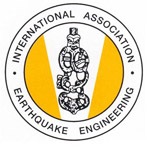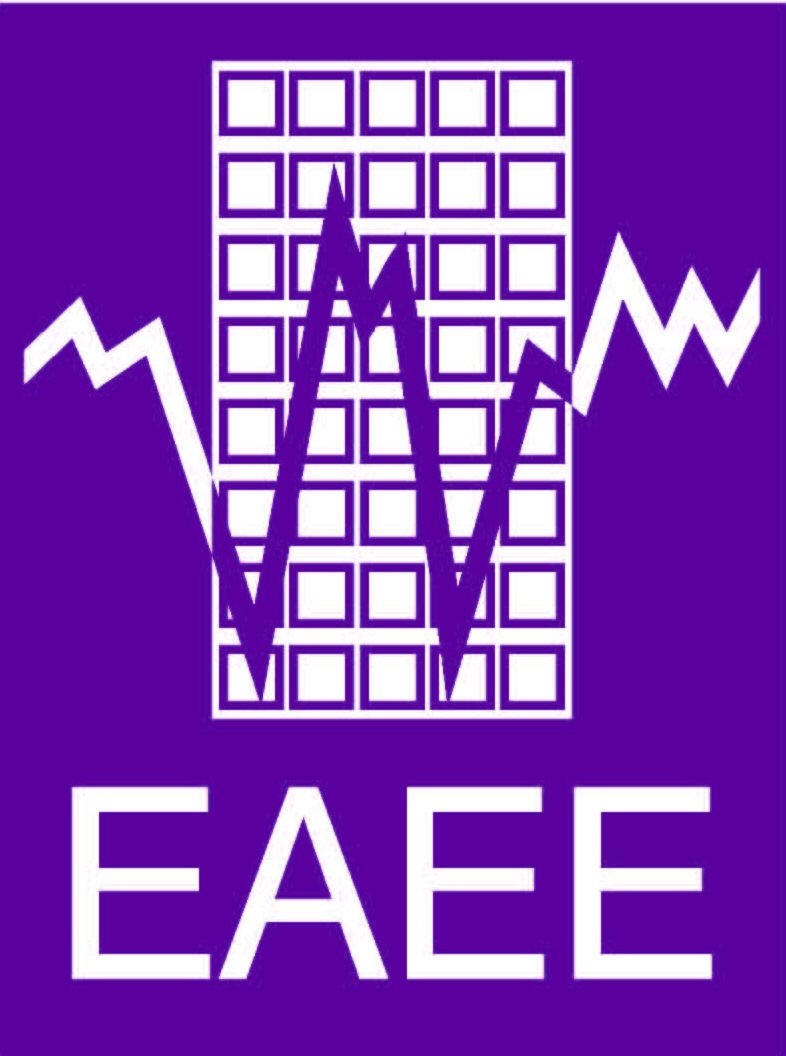Building exhibition BAU2015 (Munich, Germany)
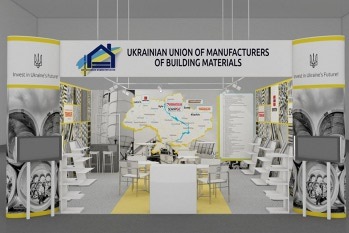 On January 21 the Ukraine’s Day was organized and the conference “Ukraine: Invest into the Future” was held as a part of BAU 2015 exhibition events. At the Conference the exhibit stand of building materials producers united by the All-Ukrainian Association of Building Materials Producers was presented.
On January 21 the Ukraine’s Day was organized and the conference “Ukraine: Invest into the Future” was held as a part of BAU 2015 exhibition events. At the Conference the exhibit stand of building materials producers united by the All-Ukrainian Association of Building Materials Producers was presented.
The welcoming speech of the President of the All-Ukrainian Association of Building Materials Producers Ivan Salii inaugurated the Ukraine’s Day at the BAU-2015 and the Conference “Ukraine: Invest into the Future”. The Association’s President stressed that the goal of those events included the presentation of prospects for investments and perspectives for the renewal of the European Union trade and economic relations with Ukraine .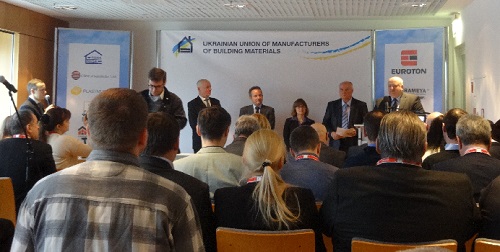
The Consul-General of Ukraine to Munich Vadym Kostiuk characterized the carried out work as giving start to a full-scale appearance of Ukrainian manufacturers at the European market.
The welcoming speech in the name of the exhibition administration was uttered by Ms. Julia Venzel. She pointed out the great challenges arisen not only for Ukraine, but for the entire Europe. Ms. Venzel stressed that she would like to wish all participants the establishment of successful contacts and to express her profound respect for the All-Ukrainian Association of Building Materials Producers for the stand organization and a confidence in the further long-term cooperation.
The Director of the SE “The State Research Institute of Building Constructions” Gennadii Fareniuk disclosed the scientific potential of the building sector in his report “Scientific-technical and Innovative Development of the Building Sector of Ukraine”. He emphasized that science always was an important factor and prerequisite for the education and culture development and labor force qualities increase.
“The progress of effective market economy is absolutely impossible without a powerful scientific base. The development of Ukraine was dynamic enough during the last 10-15 years. The scientific-and-technological directions ensuring the progress in the building sector have been established with their organization and structure.
Unfortunately, the last year was very difficult for our country. The internal political crisis and external military aggression resulted in severe consequences for the national economy. At the same time, the country has chosen guiding principles for its further development and gained readiness to work hard for the transformation of Ukraine into a modern rich state.
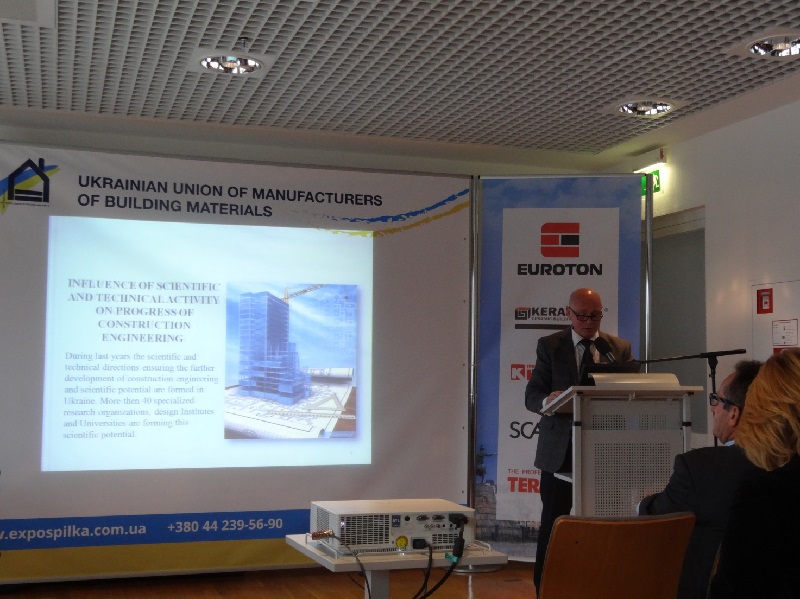
The State Research Institute of Building Constructions has defined the strategic directions for its operation including the development of technical regulation in construction and the raising of scientific and technological safety level for the building sector of Ukraine. Besides, the specific work direction concerns the Chornobyl NPP Shelter Object transformation into an ecologically safe system within the framework of the SIP international program. The fourth strategic direction of the Institute operation is to ensure the energy performance of buildings. The modern normative base created in Ukraine allows both the construction of modern energy-efficient facilities and the large-scale thermal modernization of existing buildings based on the experience accumulated in European countries, first of all, in Germany”, stated Mr. Gennadii Fareniuk, the Institute Director.
After the completion of reports the closing speech was delivered by the UFEMAT President Mr. Antonio Ballester who wished all participants a fruitful co-operation and invited to continue the meeting in the business communication format.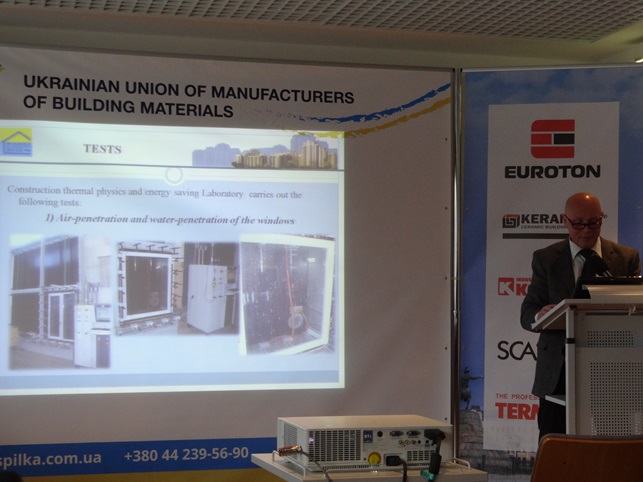
BAU, the business-focused world's leading Trade Fair for Architecture, Materials and Systems for industrial, commercial and residential construction, is held in Munich. BAU is the industry-wide
information space for the communication and co-operation of all professionals involved in construction, building design and management. More than 250 thousand of representatives from various countries participated in BAU2015.






































